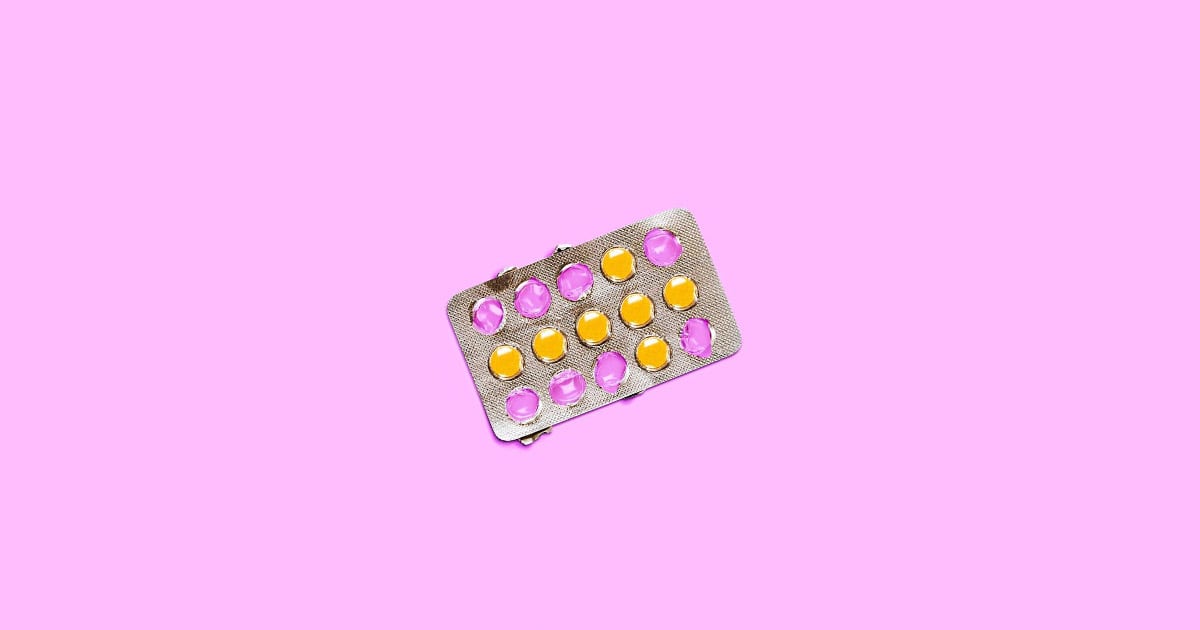3 major contributors to a sudden drop in sex drive

When it comes to sex drives, there’s no one-size-fits-all. Some people can happily have multiple orgasms a day, every damn day, while others are hardly ever in the mood. And that’s fine, there’s no “normal” sex drive. Whatever is normal to you is normal to you. What can be concerning is when there’s a drop in your sex drive — a big change from your norm. It can feel kind of worrying, especially if you’re a really sexual person normally when you suddenly realize you’re not so interested in having sex.
But the most important thing to remember when there’s a drop in your sex drive — whether it’s yours or your partner’s — is not to panic. There are so many reasons that your sex drive might drop and most of them have nothing to do with attraction to your partner or even your relationship. Of course, sometimes it is to do with the other person, but those are issues you can work through.
Here’s what a drop in your sex drive normally means (because so many different things can affect your libido).
1. Stress is creeping in
Whenever someone says that they’ve had a drop in their sex drive, the first thing I do is ask about their stress levels. A lot of people think of sex as a great way to blow off steam when they’re feeling stressed — and it can be — but sometimes stress can have the opposite effect. Stress can completely destroy your sex drive, especially if you’re experiencing prolonged or permanent stress. It may be because of something at work, it may be because of family issues, it may just be that life has gotten on top of you. So if you notice that your libido has taken a dive, make sure that you’re not feeling too stressed and, if you are, try to come up with some ways to take the pressure off.

2. There’s a physical or medical shift
There are plenty of medical or physical shifts that can lead to a change in your sex drive. Obviously, if you start to have pain related to sex, it’s going to put you off, but so can a lot of other conditions. “Many nonsexual diseases can affect sex drive, including arthritis, cancer, diabetes, high blood pressure, coronary artery disease and neurological diseases,” the Mayo Clinic explains. And of course, hormonal changes like pregnancy and menopause can have an effect.
Some medication can also mess with your sex drive — antidepressants are famous for it — so make sure you’re looking at the side effects of any medications you’ve started taking and pay attention to any lifestyle changes.
3. There are underlying relationship tensions
Finally, a change in your sex drive can have to do with your relationship — but not necessarily with your sex life. It’s easy to think that a change in your sex drive means that you’re not attracted to your partner or that you’re bored with your sex life. And yes, sometimes sex lives do just need some spicing up. But don’t underestimate how frequently totally non-sexual relationship problems can find their way into the bedroom. If you're feeling disconnected from your partner, if you two are fighting a lot, or if you’re just in a rut, that can all affect how easy it is for you to get in the mood. Think about that resentful feeling you get when you’re angry with your partner — it’s not very sexy, is it? Take a look at your relationship as a whole if you’re feeling a drop in your sex drive.

No matter what the reason, talk it out
Whether your drop in libido does have to do with your sex life or is completely unrelated, the most important thing is that you talk with your partner. You don’t want a change in sex drive to turn into both of you just not having sex and not talking about it. Instead, if you check in regularly, you’ll be able to get your sex life back on track — when you’re ready. If you’re in a long-term relationship, there’s a good chance both of you will go through this from time to time, so there shouldn’t be any hurt feelings. Explain what’s going on, talk about it, and experiment on how to improve it. Just make sure to take it at your own pace.
A change in your sex drive can happen for a lot of different reasons — but most of them are nothing to get worried about. Changes in your lifestyle, your medication, or just your stress levels can have a huge effect — so just make sure you’re being open with your partner about what’s going on. And if the change is because of your relationship, whether you’re having problems more generally or you’ve just let your sex life stagnate, it’s a problem you can work on together. Sex drives go down, but they also come up again. So just keep the lines of communication open.
Image Source: Tony Futura



